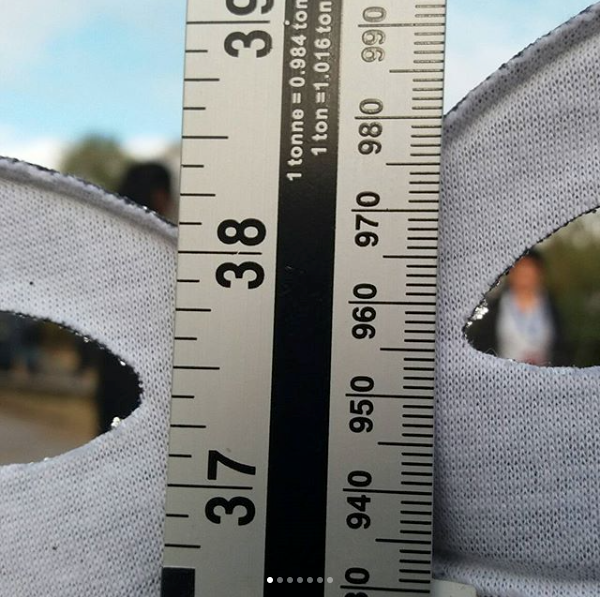Istanbul95
Early childhood is the period when humans grow up and learn the fastest. Current research shows that 85% of human brain develops within the first 1000 days. In fact, it has been observed that the brains of babies who have been neglected, who have not been talked to or played with enough do not grow to their full potential.
While cities can be wonderful places to grow up, but they can also pose serious challenges for children. The Bernard van Leer Foundation’s Urban95 initiative seeks to make lasting change in the city landscapes and in the opportunities that shape the crucial first five years of children’s lives. Urban95 works with urban leaders, planners, designers and managers to ask: ‘If you could experience the city from an elevation of 95 cm – the height of a 3-year-old – what would you do differently?’
Play is an important function of public space. However, most urban play spaces are designed without considering the youngest, instead they are designed for children that have already developed their motor skills. Since 2017, Superpool in coordination with the Bernard van Leer Foundation is researching and designing urban play with babies in mind.
For designers knowing the ‘user group’ is an important step in starting any design process. What is fascinating with designing for young children is that their body and skills are constantly changing - arguably no other user group is as ready for new challenges! But the seeming modesty of their challenges, such as learning to stand and keep balance or to take a step, should not cause us to underestimate the potential play value of these new skills.
Alongside the changes in babies’ bodies, their games also evolve. At first, babies play alone or with the help of their caregivers. As they grow up, they start watching the children around them and playing independently next to them. Later, children start to socialize, they play together games with simple rules and, over time, they move to games with more complex, sometimes self-invented, rules based on competition or co-operation.
What is needed then to accommodate younger children and their caregivers in urban play spaces? How can playground design support babies to learn by observation, to challenge their skills, have joyful interactions with their caregivers and even to start early friendships? The research Superpool has done in looking for answers to these questions culminated into a publication: Ideas Guide for Playgrounds for Young Children. Instead of giving definitive answers, the guide provides principles and suggestions that hopes to inspire a multitude of creative ideas.
And now it is time to put to research into practice. Four pilot neighborhood playgrounds are underway in Istanbul to be completed in early 2019!
Team:
Selva Gürdoğan, Gregers Tang Thomsen, Zehra Nur Eliaçık, Beyza Gürdoğan, Kaan Hiçyılmaz, Nicola Iavorene, Derya İyikul, Matthias Simon Wechsler
Type: Urban research and development
Client: Bernard van Leer Foundation
Location: Istanbul, Turkey
Status: Ongoing
